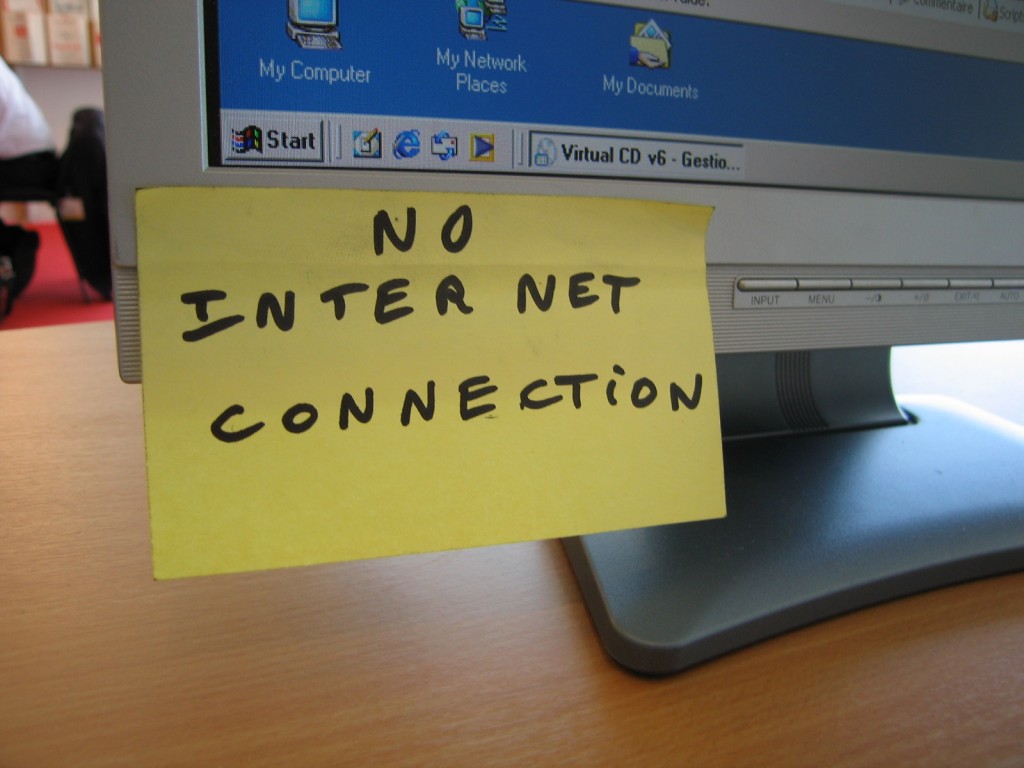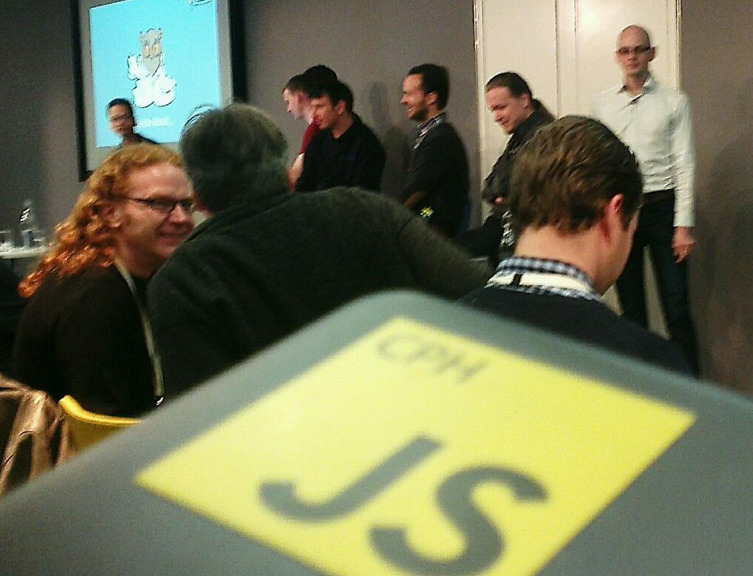On hating
Monday, March 31st, 2014Some months ago I wrote about a word I can’t stand and explained why. I have another one that annoys me, especially when it is used in a flippant fashion in online discussions: hater or “hating on something”.

Hate is a powerful thing, and it is always destructive. It is the opposite of love and whilst being just a word, for me it is the end of all creativity and creation.
I don’t have to love everything, but there are various degrees of loving things. There are no degrees of hate. Hate is a final state, giving up on something and despising it. Hate is destruction, hate is the opposite of evolving.
You can dislike, you can disregard, you can disagree, you can be annoyed by something. That is good. That means you want to change it. When you hate something, you dismiss it as not useful and not for you, no matter how it’d change.
That’s why I feel utterly crushed and ready to give up when someone calls someone else a “hater” for criticizing something. I feel almost physically woozy at the grammatical abomination that is “don’t hate on $topic”.
I get it, it is a slang thing and used at times in a flippant fashion and can be countered with a “haters gonna hate”. To me, this ends a useless conversation, a pointless exchange of nothings and sooner or later a decrease of the value of hate.
Hate to me is a powerful and final state. Death of information, death of conversation, death of ideas. By using it flippantly describing someone’s dislike or criticism of a topic, we make it a common thing. We seemingly strip it of its power, but what we really do is invite even stronger opinions, and in many cases the worst ones we can imagine.
By calling any point of view that is not ours “hating” we achieve two things:
- We silence the people who actually had good input on the matter
- We invite the trolls to take over
Hate is something that needs to die. It is not helping. Hating is something people do who want to destroy without interest in learning about the thing they are against. Don’t call people that unless you are 100% sure that this is what they are.
Words build up or tear down people. Use yours wisely and make a better world.


